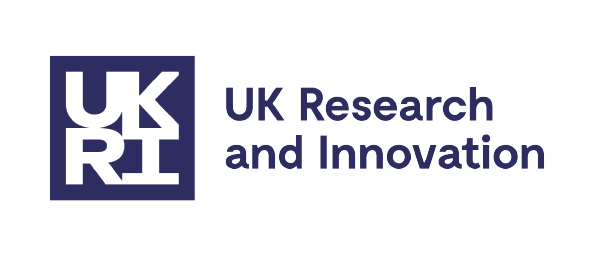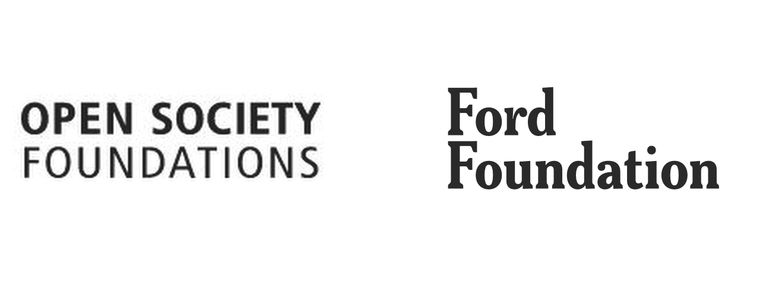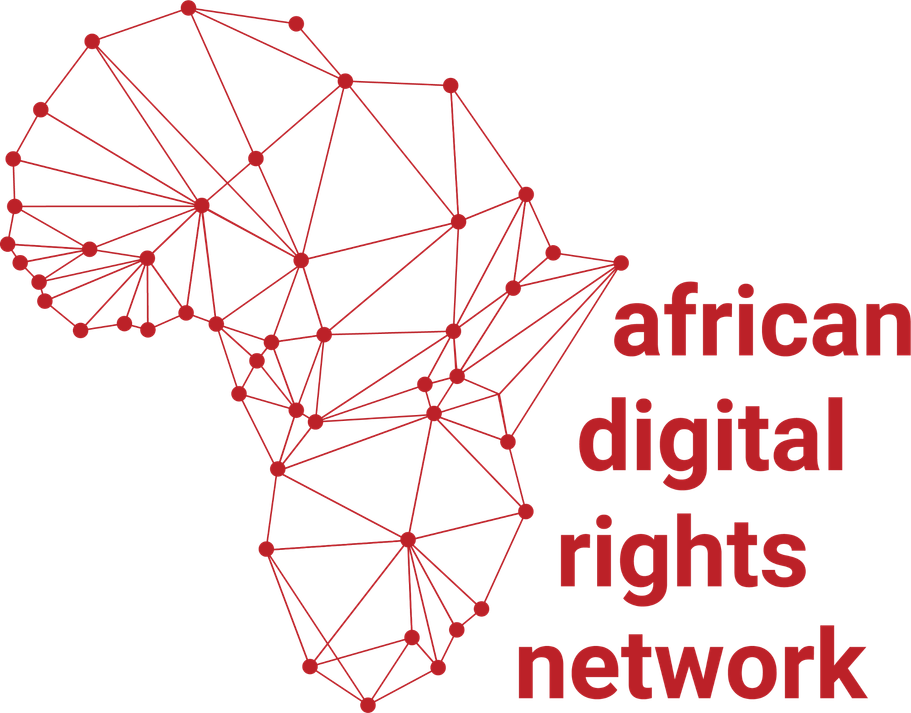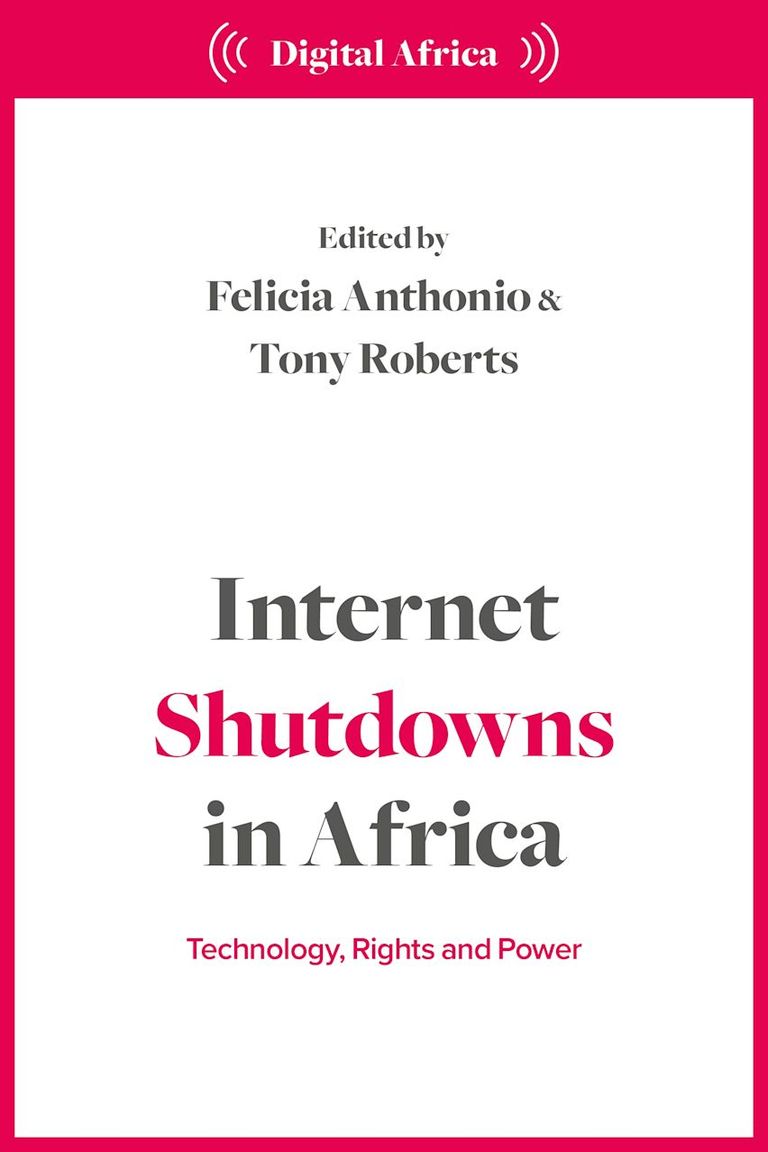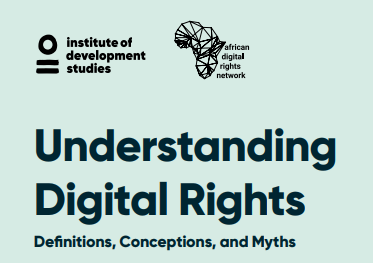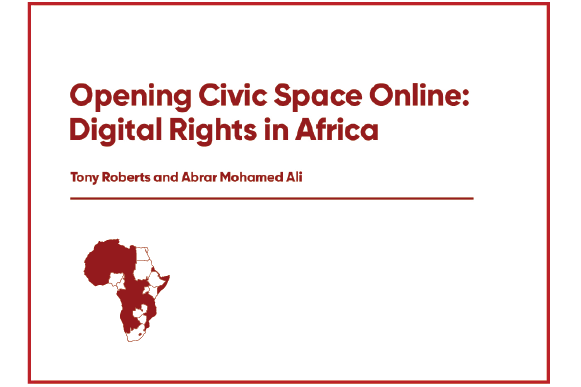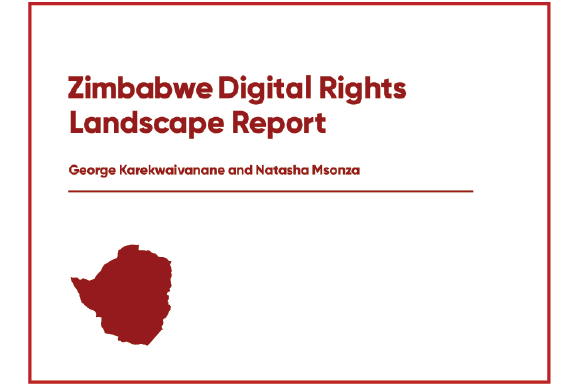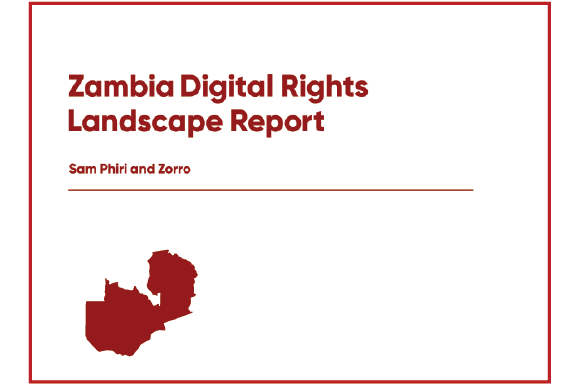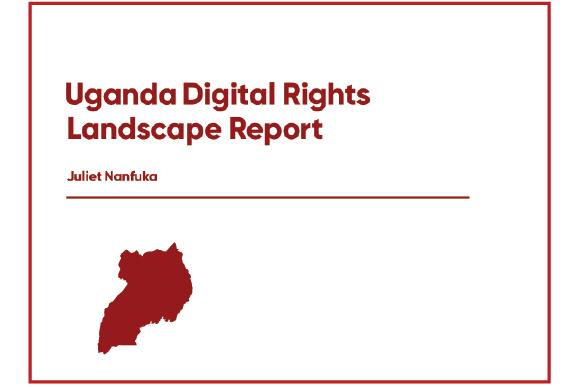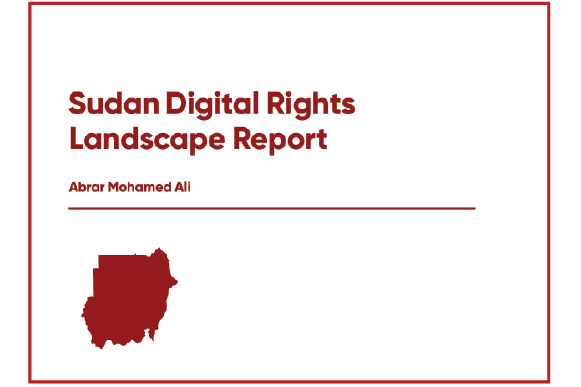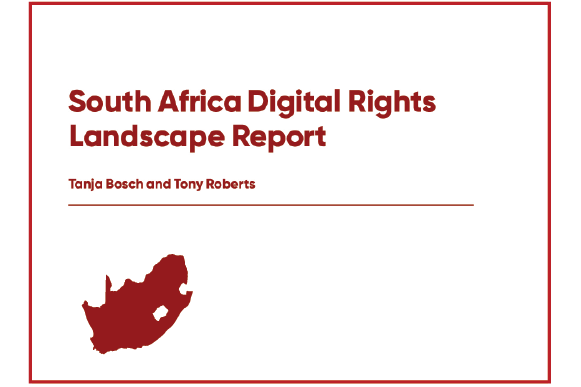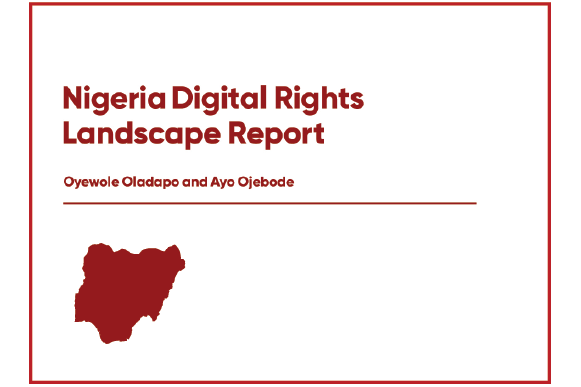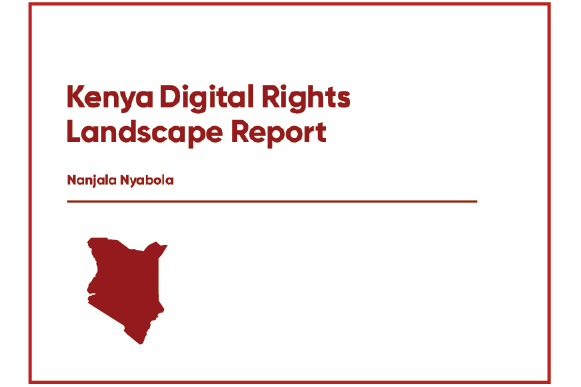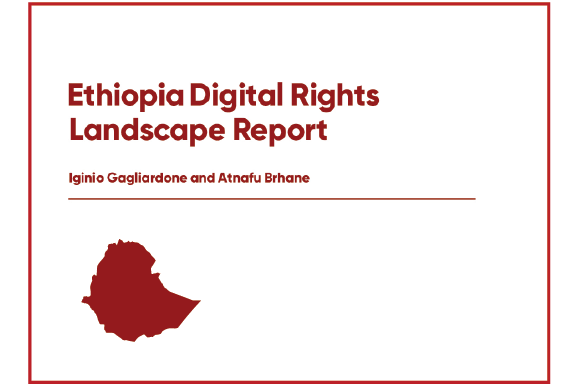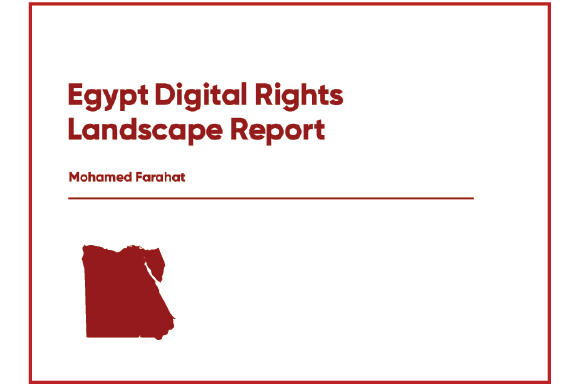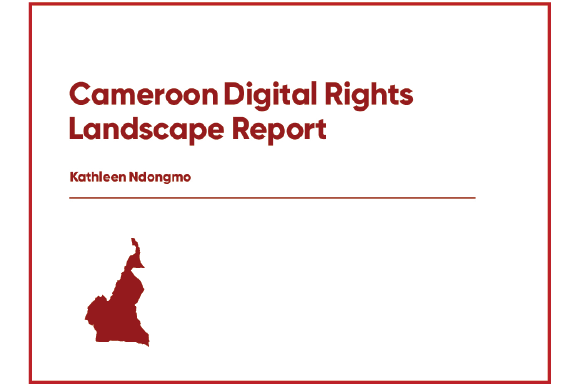Feminist Digital Citizenship: Agency, Rights and Resistance
the 5th book in the Digital Africa series is available to pre-order now.
Launch date 11th December 2025.
This open access edited collection offers the first-ever book-length volume on feminist digital citizenship in Africa. It offers multiple, theoretically grounded case studies by African researchers covering countries across the length and breadth of the continent, including non-majority-English countries such as Malawi, Mozambique, and Senegal, which tend to receive less coverage in Anglophone scholarship.
These studies newly identify uniquely African practices of digital feminist activism. In so doing, they further develop our understanding feminist digital citizenship, especially when it comes to globally relevant themes such as intersections between gender and class and between gender and religion. This leads in turn to new insights into the developmental phases and overall nature of digital social movements more generally.
Internet Shutdowns in Africa: Technology, Rights and Power
the 4th book in the Digital Africa series is available to download now.
This open access book provides ten in-depth case studies of state-sponsored internet shutdowns across all regions of Africa. In so doing, it offers the first-ever comparative analysis of how African states use internet shutdowns as tools to close civic space, suppress opposition, and maintain power.
Authored entirely by African researchers, Internet Shutdowns in Africa shows how shutdowns are used as a tactic of war, to blackout news of state violence, or to disrupt opposition protests. At the same time, the findings gathered here demonstrate the wide variety of forms these shutdowns take: they can be nationwide or localised; they can target a specific social media platform or website; or they can avoid the appearance of a complete shutdown by throttling connection speeds; and all of these types of shutdowns can last weeks, months, or even years. Ultimately, the book provides a unique comparative assessment of the dramatic economic, social, and political consequences of shutdowns – some intentional and some unintended - as well as on how different demographic groups are affected in very different ways, all of which produces actionable recommendations.
Understanding Digital Rights:
Definitions, Conceptions and Myths
A free illustrated guide to download
ADRN has published an introductory guide to digital rights.
Our Ford Foundation project brought together workers' rights, disability rights, and digital rights actors. We found that the terms and concepts of digital rights were often not used or understood in other organisations. So we produced this introductory guidebook called "Understanding Digital Rights" as a clear and accessible guide for those new to digital rights - or those wanting to expand their knowledge and learn about key digital rights organisations and available resources.
In the guide we explain digital rights as understood in three different ways:
1. As a set of entitlements provided in human rights law
2. As a framework for analysing technology and projects
3. As a form of activism to tackle right-violations and injustice
Click here to download the guide which is free and open access.
Digital Surveillance in Africa: Power, Agency and Rights
18 February 2025
The third book in the Digital Africa Series 'Digital Surveillance in Africa' will be published on March 20th 2025.
You can read and freely download the introductory chapter here.
The paperback book is available to pre-order from the publisher Zed Books/Bloomsbury or from your usual bookseller.
Drawing on the empirically rich, theoretically sophisticated research of the African Digital Rights Network, this book examines how governments and private actors in Africa use spyware, mobile phone extraction, biometric and face recognition systems, and other technologies to serve power interests. Eight chapters examine eight African countries. For context, each chapter begins with a brief history of pre-digital surveillance systems under colonial and post-liberation governments. The book provides the most comprehensive documentation to date of digital surveillance in each country as well as the most sustained analysis of the socio-cultural, political, and economic drivers and forms of resistance to rights-violating surveillance across the continent. Each chapter concludes with concrete policy recommendations at local, national, and international levels.
You can read more and pre-order a hard copy of the book by following this link
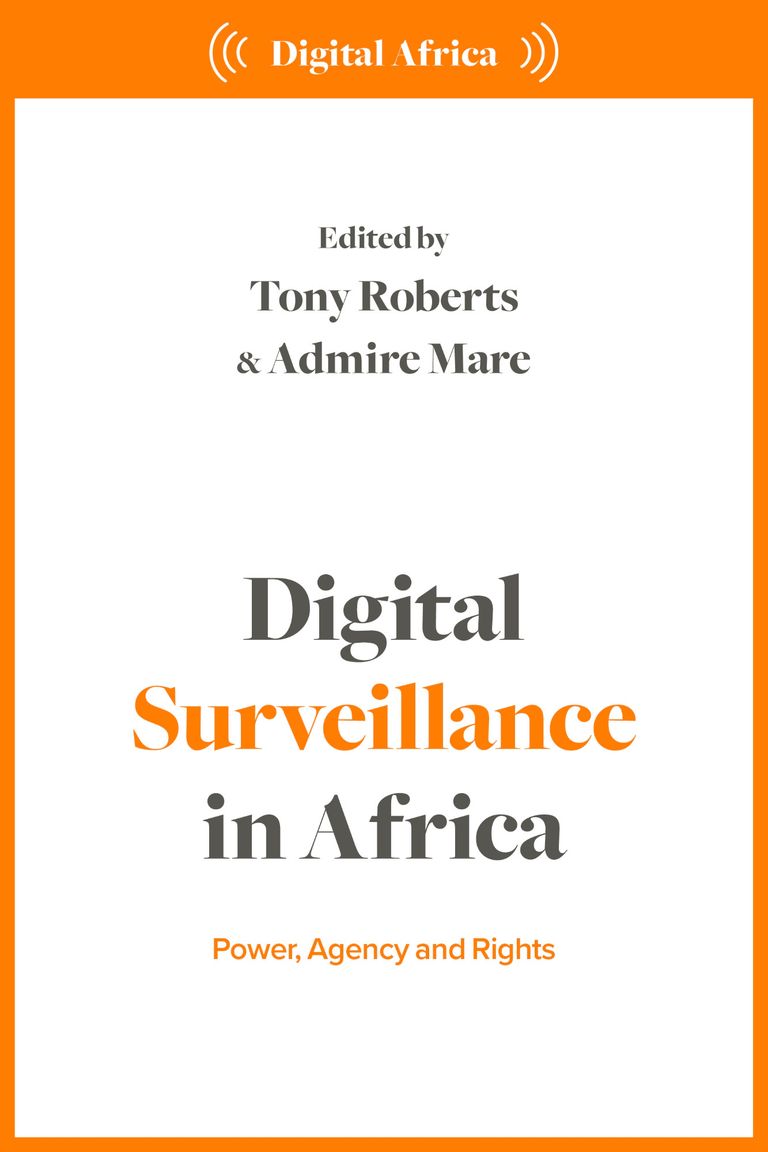
Main Report: The Digitalisation of Social Protection in Africa: The Perspective of Marginalised Workers
3rd September 2024
Latest Report: Digital Social Protection in Africa
The right to decent work and to social protection when we are unable to work is guaranteed to all citizens in international human rights law and in labour rights conventions.
However, many marginalised workers, including informal, disabled and migrant workers, are effectively excluded from their social protection entitlements due to lack of awareness, literacies or affordability.
The digitalisation of social protection promised to increase the convenience and efficiency of accessing social protection entitlements (and it does for many), but millions of workers are being further excluded by digitalisation due to lack of smartphones, connectivity or digital literacy.
What is social protection?
Read more about the project and download the report here
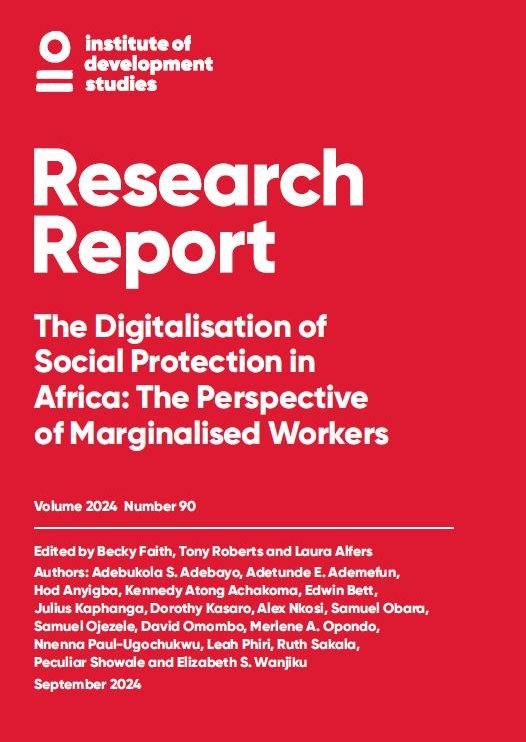
Africa Country Reports on the Digitalisation of Social Protection from the Perspective of Marginalised Workers
3rd October 2024
Research by JONAPWD (disabled workers), HomeNet Africa (home-based workers), and StreetNet International (street-bases workers).
The main ADRN report of the digitalisation of social protection is based on a series of studies commisioned from participating organisations. The main report contains short summaries of those studies. Three of the studies are included here in full.
The Digitalisation of Social Protection in Nigeria: A Case Study of Workers with Disabilities by the Joint National Association of Persons with Disabilities (JONAPWD).
The Digitalisation of Social Protection in Kenya, Uganda, Tanzania, and South Africa: A case study of home-based
workers by Edwin Bett, Regional Coordinator, HomeNet Africa.
The Digitalisation of Social Protection in Zambia: Challenges faced by Informal Economy Workers in accessing Social Protection through Digital Systems, by Isaac Kabelenga, StreetNet International.
What is social protection?
Read more about the project and download the full report here

Digital Africa Book Series
ADRN members are producing a series of six collected edition books on digital rights in Africa with Zed Books / Bloomsbury. Follow the links below to find out more and download.
In July 2023 we published the first book "Digital Citizenship in Africa" edited by Tanja Bosch and Tony Roberts.
In April 2024 we published the second book of the series documenting authoritarian practices, "Digital Disinformation in Africa: hashtag politics, power, and propaganda".
In March 2025 we published the third book in the series documenting and analysing "Digital Surveillance in Africa: power, agency and rights".
All the books feature chapters authored by experienced and emerging scholars from a range of countries across the African continent.
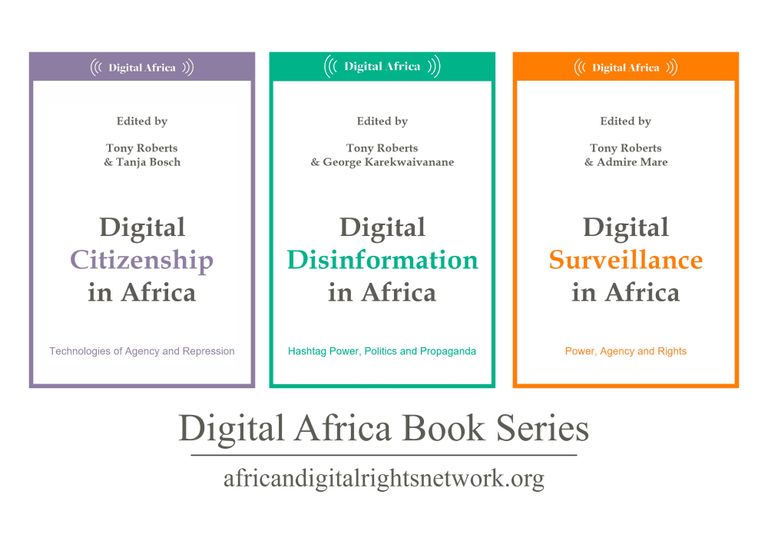
Looking Ahead: 2025 / 2026
Looking ahead we have three other 'Digital Africa' book series titles at various stages of development.
We have finished the first draft of a collected edition book on "Internet Shutdowns in Africa: technology, rights and power" which is being co-edited by Felicia Antonio from Access Now and the series editor Tony Roberts.
We have also completed the the first draft of a follow-up to our very first book on "Digital Citizenship in Africa" which is called "Feminist Digital Citizenship in Africa" co-edited by Tanja Bosch from the University of Cape Town and Tony Roberts.
And we are just beginning a research project which will eventually result in a sixth book in the series on Biometric Digital-ID in Africa which is co-edited by 'Gbenga Sesan from Paradigm Initiative Nigeria.
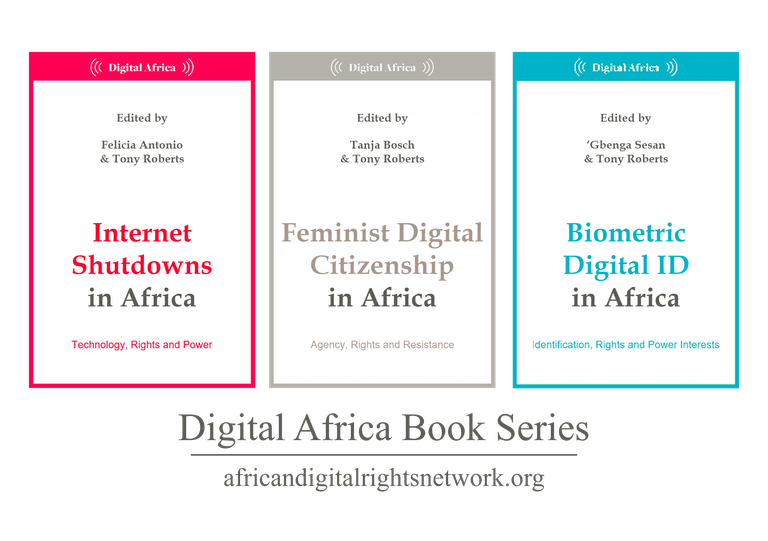
New research project beginning Jan 2025:
Digital-ID in Africa: identity, power and interests
24th April 2024
This project will map current developments in Digital-ID across the continent as biometric identity systems, linked to citizens' banking and mobile phone accounts, are rolled out and become a precondition of access to services & entitlements.
The first phase of the research will be a report that documents the drivers, dimensions, and directions of Digital-ID in ten Africa countries including examples from all of the continent's main regions and language groups. The research will document the impact of new identification and verification technologies on citizens' digital rights.
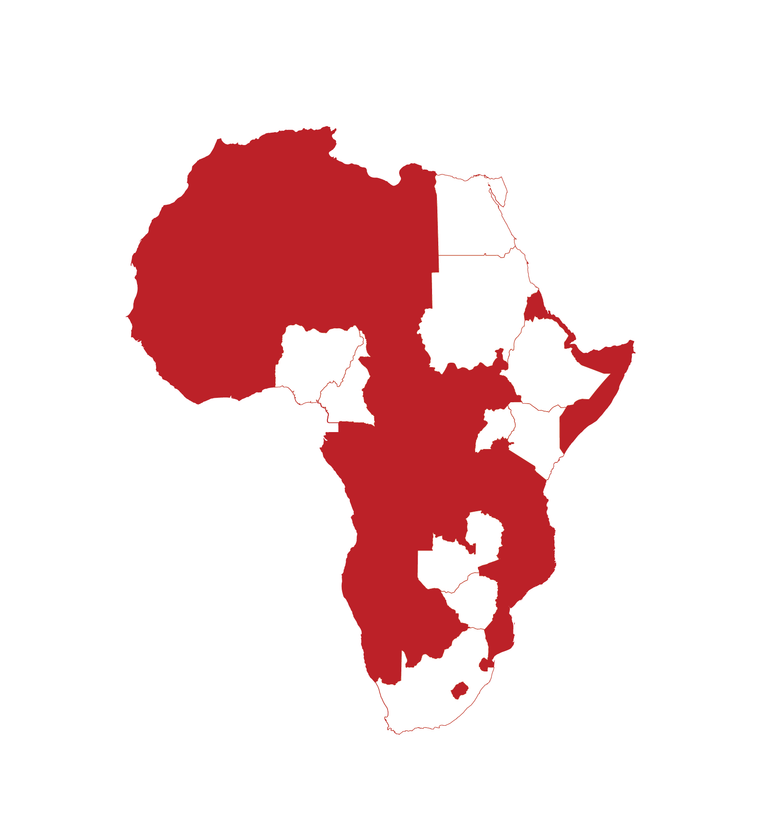
Digital Disinformation in Africa: Hashtag Politics, Power & Propaganda
This book was published 18th April 2024
Our exciting new book documents and analyses digital disinformation campaigns that manipulate citizens' beliefs and behaviour and shrink the civic space for democratic debate and deliberation. Chapters include disinformation campaigns in ten African countries designed to foment ethnic division, distort elections, and mobilise misogyny online.
This is the first collected edition by African scholars dedicated to digital disinformation across the continent.
It is the second book in our Digital Africa series and will be published by Zed Books on 18th April 2024. You can order a copy from the publisher by following this link: Digital Disinformation in Africa: hashtag politics, power and propaganda.
The paperback and hardback versions of the book are available from online book retailers but this volume is also published open access meaning it is also available free to download from Bloomsbury Collections.
Digital Disinformation in Africa is an ADRN production,
edited by Dr. Tony Roberts and Dr. George Karekwaivanane.
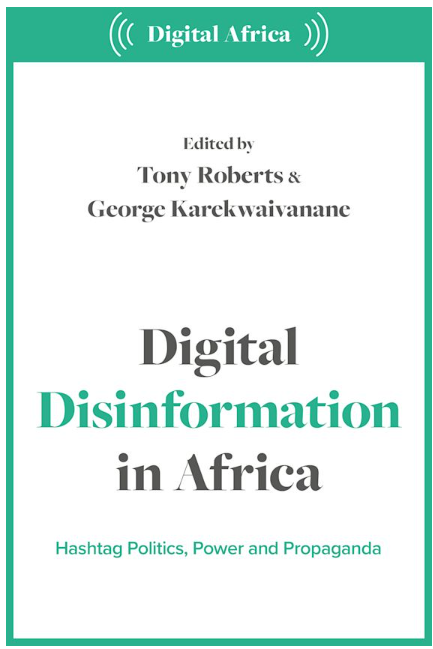
Digital Citizenship in Africa: Technologies of Agency and Repression
27 July 2023
The first Book in the ADRN Digital Series: launched 27 July 2023
Digital Citizenship in Africa: technologies of agency and repression. Edited by Dr. Tony Roberts and Dr. Tanja Bosch.
A collected edition by Zed Books.
This first collection edition of case studies by African authors on digital citizenship documents the creative use of digital technologies to open online civic space, claim rights, and hold power to account.
Each chapter analyses a specific episode in which citizens used hashtag campaigns, hacking, or e-petitions to raise issues being ignored by mainstream media and politicians.
Hard copies are available to purchase here and you can download an open access e-book here.
The second book in the series has been completed and will be published by Zed Books in April 2024. Pre-order a copy by following this link Digital Disinformation in Africa: hashtag politics, power and propaganda. Edited by Dr. Tony Roberts and Dr. George Karekwaivanane. A collected edition by Zed Books.
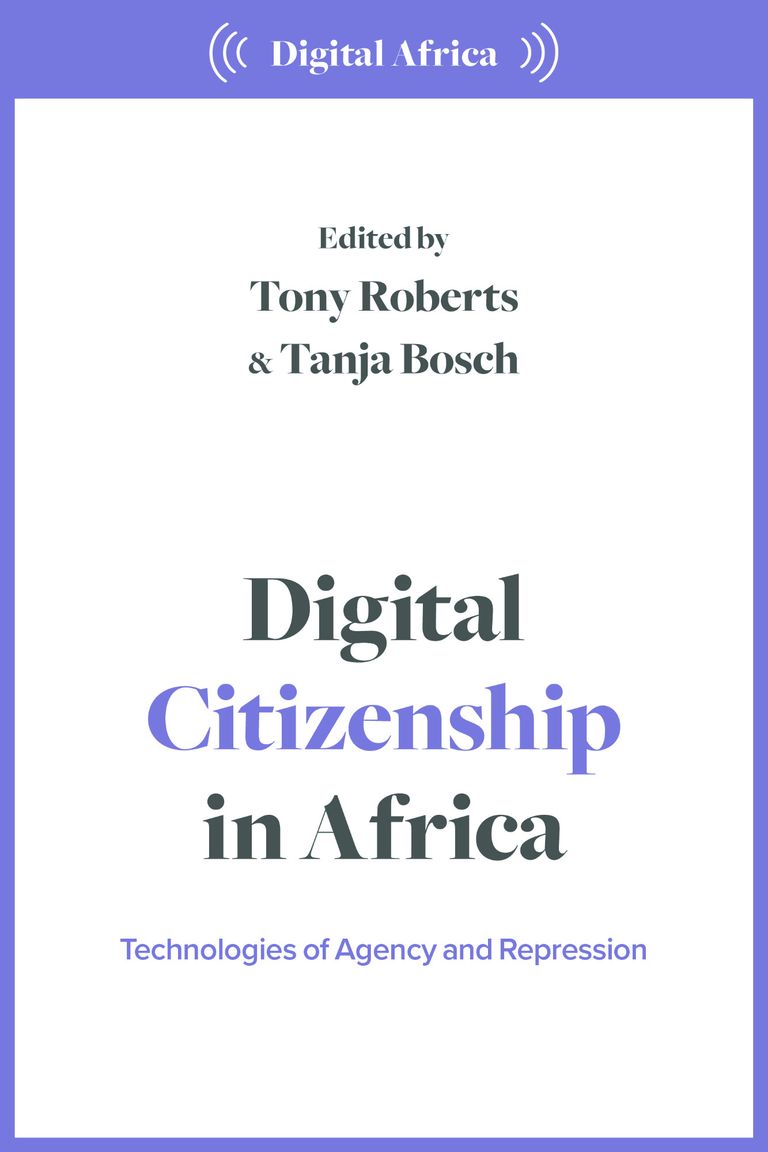
ADRN Digital Rights Reports
All of our reports are open access and free to download by following the links below
Digital Rights in Closing Civic Space:
Our first landscape report documented positive examples of digital citizenship to open civic space online and negative practices of digital authoritarianism to close civic space online.
Surveillance Law in Africa:
This unique report analyses how privacy rights are guaranteed in African constitutions but violated with impunity and shows how focused surveillance can be balanced with citizen's rights.
Mapping the Supply of Surveillance Technology to Africa:
The first analysis across all Africa's regions of which companies from which countries are supplying which rights-violating technologies to African governments.
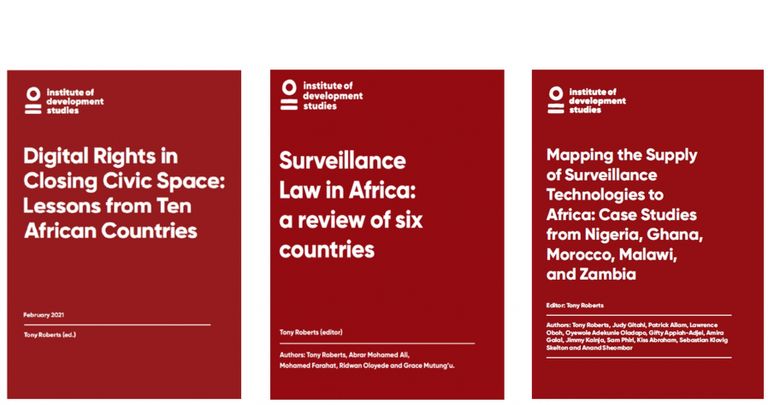
Our first publication documented the main digital openings and closings as illustrated below:
Openings and Closings
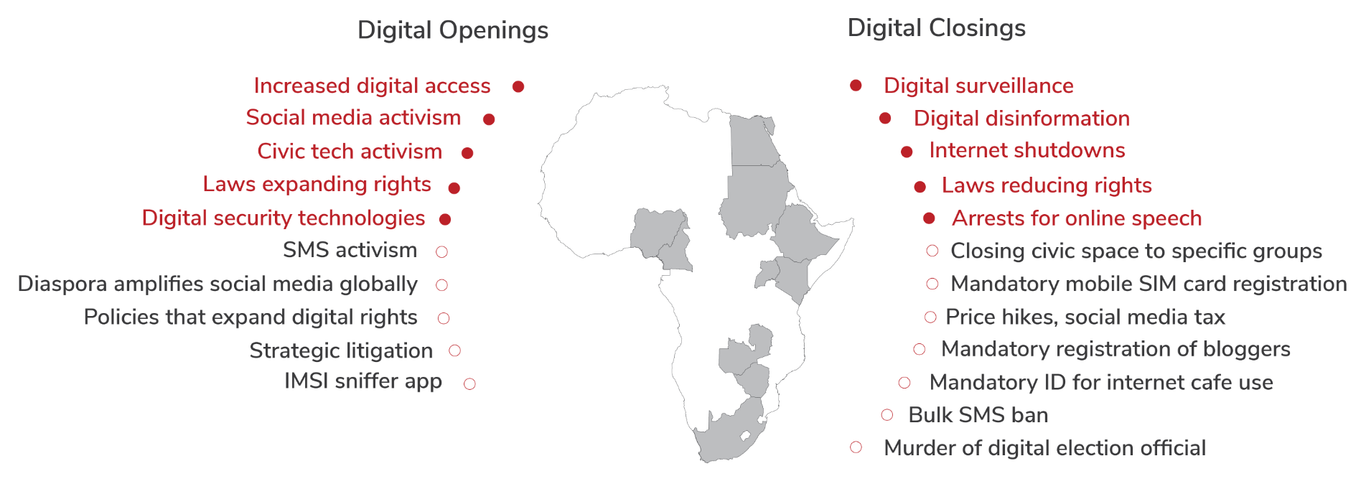
Digital Rights Whack-a-Mole
Reading across the ten Digital Rights Country Reports one pattern that emerges is that every new generation of technology used by activists to enable freedom of expression is met by multipe government tactics to deny citizens their digital rights. This happened with SMS activism, blogging, social media and even with privacy and anonymisation tools. The dynamic resembles one where repressive governments play whack-a-mole with citizens digital rights.
Citizen-led campaigns like #RhodesMustFall in South Africa, #ENDSARS in Nigeria, and #FreeBobiWine in Uganda opened online space and put neglected issues on the national and international agendas. Repressive governments have invested heavily in digital surveillance, disinformation and internet disruption technologies to deter dissent and dampen online democracy. This contestation of digital space is unequal. For every new technology used by citizens to open democratic space online there seem to be three or four new repressive tools or tactics deployed by the state or other powerful groups.
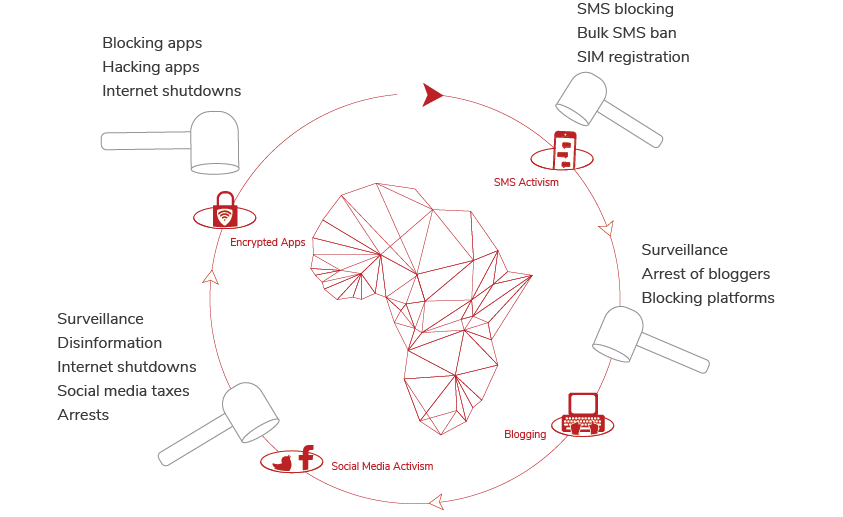
Digital Rights Landscape Country Reports
Funders
the African Digital Rights Network gratefully acknowledges financial support from
